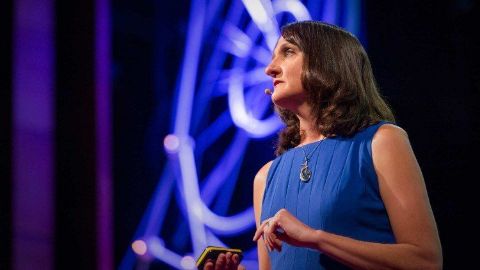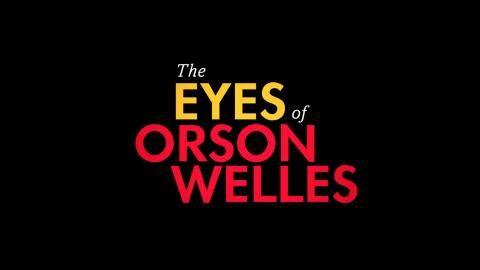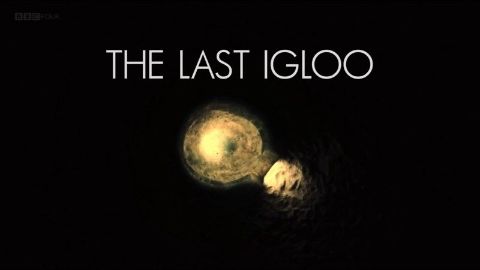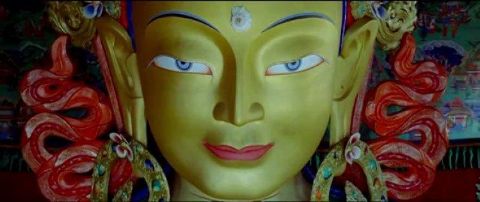TED • 2002 - 2017 • 8 episodes •
What motivates us to work? Contrary to conventional wisdom, it isn't just money. But it's not exactly joy either. It seems that most of us thrive by making constant progress and feeling a sense of purpose. Behavioral economist Dan Ariely presents two eye-opening experiments that reveal our unexpected and nuanced attitudes toward meaning in our work.
70,000 years ago humans were insignificant animals. The most important thing to know about prehistoric humans is that they were unimportant. Their impact on the world was very small, less than that of jellyfish, woodpeckers or bumblebees.
Some of us learn best in the classroom, and some of us ... well, we don't. But we still love to learn, to find out new things about the world and challenge our minds. We just need to find the right place to do it, and the right community to learn with. In this charming talk, author John Green shares the world of learning he found in online video.
2012 • Lifehack
Sir Ken Robinson makes an entertaining and profoundly moving case for creating an education system that nurtures (rather than undermines) creativity.
2006 • Creativity
We’ve heard that bees are disappearing. But what is making bee colonies so vulnerable? Photographer Anand Varma raised bees in his backyard — in front of a camera — to get an up close view. This project, for National Geographic, gives a lyrical glimpse into a bee hive — and reveals one of the biggest threats to its health, a mite that preys on baby bees in the first 21 days of life.
2015 • Nature
In the US, 80% of girls have been on a diet by the time they're 10 years old. In this honest, raw talk, neuroscientist Sandra Aamodt uses her personal story to frame an important lesson about how our brains manage our bodies, as she explores the science behind why dieting not only doesn't work, but is likely to do more harm than good. She suggests ideas for how to live a less diet-obsessed life, intuitively.
2013 • Health
Richard Dawkins urges all atheists to openly state their position — and to fight the incursion of the church into politics and science. A fiery, funny, powerful talk.
2002 • People
Right now, billions of neurons in your brain are working together to generate a conscious experience -- and not just any conscious experience, your experience of the world around you and of yourself within it. How does this happen? According to neuroscientist Anil Seth, we're all hallucinating all the time; when we agree about our hallucinations, we call it "reality." Join Seth for a delightfully disorienting talk that may leave you questioning the very nature of your existence.
2017 • Brain













